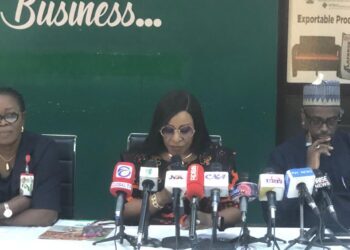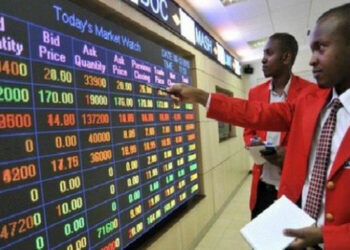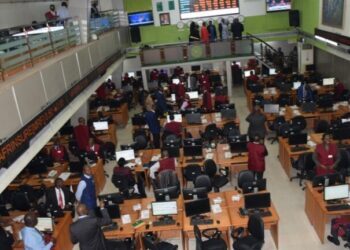Stakeholders caution President Bola Ahmed Tinubu about the urgent need to address escalating poverty in Nigeria and avoid hasty implementation of economic reforms that could erode any progress made.
World Bank Reveals Alarming Rise In Poverty
Recent revelations by the World Bank indicate that the removal of fuel subsidies in Nigeria during the first half of 2023 resulted in over four million people sinking into poverty. Urgent action is required to prevent an additional projected 7.1 million Nigerians from falling into poverty by the end of the year.
Sequential Implementation Of Reforms Essential
Renowned economist and Nigeria’s first professor of capital market, Uche Uwaleke, emphasizes the importance of sequenced reforms. The policy document developed by the Policy Advisory Council, led by distinguished Senator Tokunbo Abiru and supported by KPMG, outlines the need for a gradual approach. The initial phase involves announcing the intention to remove subsidies, followed by implementing non-cash palliatives, increasing refined capacity through strategic partnerships, and finally, effecting the complete removal of fuel subsidies.
Monetary Policy Considerations
Professor Uwaleke further highlights the advisory council’s recommendations regarding monetary policy. Before unifying exchange rates, the government should model the economic impact and determine the required quantum of external reserves. The backlog of foreign exchange demand, amounting to approximately $12 billion, along with contingency reserves, must also be considered. Unfortunately, some of these recommended steps were not followed in the current implementation.
Board Of Economists Expresses Concerns
The Board of Economists echoes the concerns of experts, cautioning against hasty implementation without proper communication on the impact and availability of palliative measures. While acknowledging President Tinubu’s efforts to reform the economy, the board warns that the short-term consequences of these policies could negatively affect the masses and further burden the nation.
World Bank’s Recommendations For Mitigating Impact
The World Bank emphasizes the significance of compensating transfers to protect vulnerable households from initial price shocks resulting from subsidy reform. It recognizes the removal of petrol subsidies and foreign exchange reforms as vital steps toward addressing long-standing macroeconomic imbalances. These reforms have the potential to establish a solid foundation for sustainable and inclusive growth, despite adverse consequences such as rising inflation and a debt-to-GDP ratio of approximately 46%.
Stakeholders Discuss Sustainable Reforms
During a panel discussion, stakeholders from various backgrounds offer perspectives on sustaining reforms and mitigating their impact on the poor and vulnerable. State governors Alex Otti and Seyi Makinde stress the need for collective efforts to protect the most vulnerable members of society. The World Bank Country Director in Nigeria, D. Chaudhuri Shubham, recommends a robust cash transfer programme to provide swift relief to the households most affected by the reforms.
Balancing Reforms And Economic Growth
Professor Uwaleke reiterates the importance of avoiding rushed reforms that may have adverse effects on output, inflation, and poverty reduction goals. To alleviate the current suffering, the government should swiftly implement existing palliative measures, including mass transit and minimum wage. Interventions should primarily focus on non-cash-based solutions and reducing out-of-pocket expenses in crucial areas such as healthcare.
Effective Communication with Citizens
Economists advise the new government to engage in urgent and effective communication with citizens. This will enable Nigerians to comprehend the implications of the actions.









